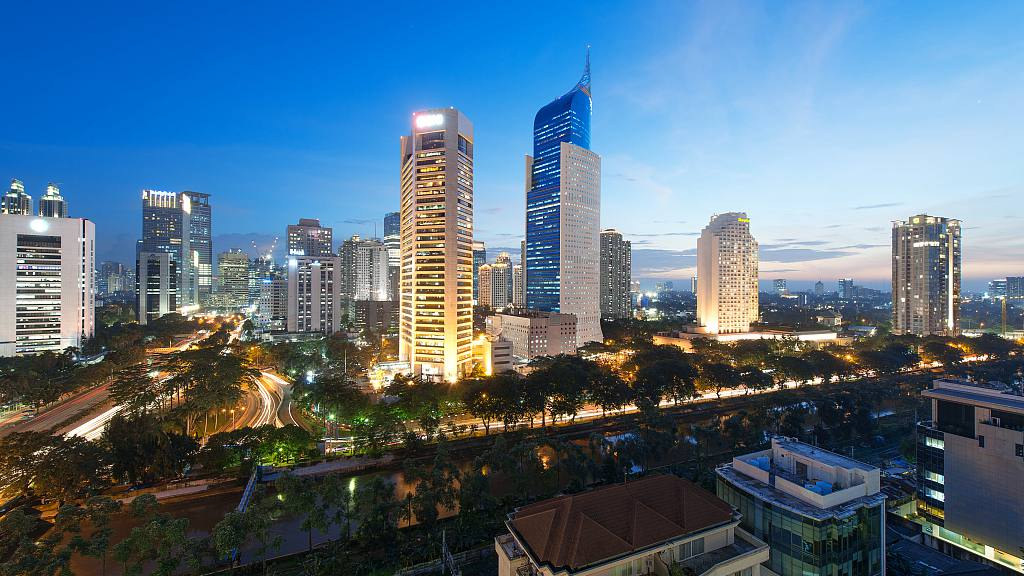
Economy
20:33, 23-Jan-2019
Indonesian Minister of Industry: Strong growth in manufacturing and e-commerce in 2019
Updated
22:47, 23-Jan-2019
By CGTN Global Business
03:56

Indonesia's economy has enjoyed steady growth in 2018 and seems it is not going to run out of steam anytime soon. Two of the brightest spots are manufacturing and e-commerce while the latter may be key for the country's economic transformation, according to Airlangga Hartato, Indonesia's Minister of Industry.
Based on a report from global consulting firm McKinsey, the value of the e-commerce market in Indonesia is estimated to reach about 60 billion U.S. dollars by 2022, which would be a nearly eight-fold increase from 2017.
Here are the main drivers behind the sector's explosive growth. Smartphone and Internet penetration continues to rise rapidly with robust macroeconomic growth pushing up consumers' purchasing power. On the other hand, Indonesia has a young and tech savvy population, which means they can rapidly adjust to new technology.
“E-commerce is one of the programs of Indonesia's digital economy,” Hartato said. “Indonesia is home to 260 million people. Our country has the largest population in the ASEAN. Also, Indonesia is one of the fastest growing nations in the ASEAN. Due to (a strong demand in) domestic market and demographic bonuses, the e-commerce will be key for Indonesia's economic transformation before the year 2030.”

Skyline of Jakarta, Indonesia /VCG Photo
Skyline of Jakarta, Indonesia /VCG Photo
When it comes to Indonesia's industrial growth in 2019, Hartato believes the strong growth will continue.
“Economic growth of Indonesia for this year will be about 4.2 percent. We expect manufacturing to surpass the overall economic growth, at 5.4 percent....so the mood for manufacturing is very high,” the minister explained.
“A few supply chains are looking at Indonesia as the next manufacturing center….that has become one of the great opportunities for our country," he noted the trade war between China and the U.S. is benefiting the country's manufacturing sector as many companies are moving their production to the Southeast Asian nation.
Data shows that manufacturing activity in Indonesia improved in December, with manufacturing PMI rising to 51.2 from November's 50.4. A break-down shows that new orders rose for the first time in the fourth quarter during December, primarily driven by the strong domestic market.
Indonesia will continue to promote the “Making Indonesia 4.0” initiative and focus on five manufacturing sectors, including automobile, electronics, chemicals, food and beverage, and pharmaceuticals, Hartato noted.

SITEMAP
Copyright © 2018 CGTN. Beijing ICP prepared NO.16065310-3
Copyright © 2018 CGTN. Beijing ICP prepared NO.16065310-3